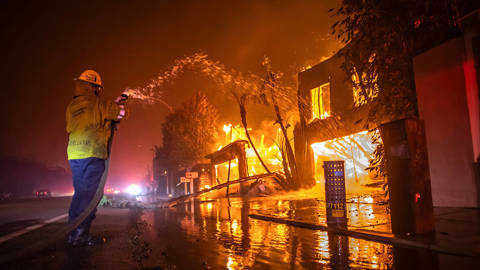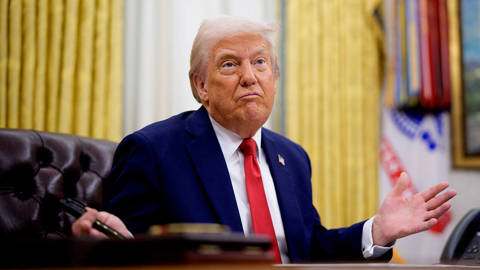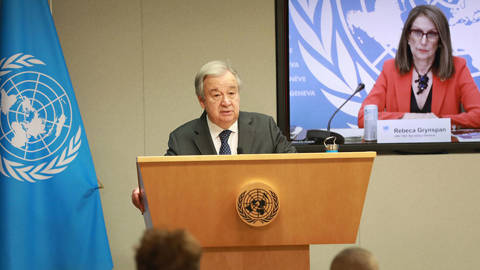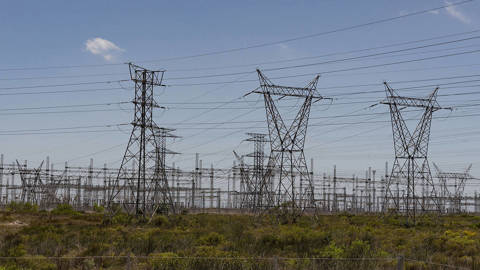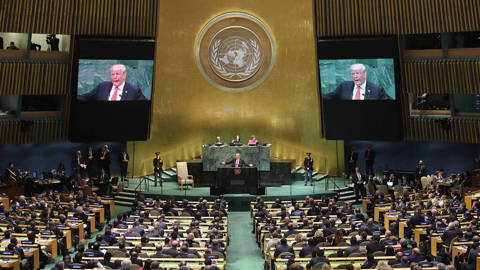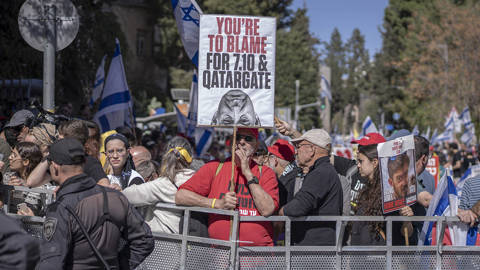Kevin P. Gallagher
Kevin P. Gallagher is Professor of Global Development Policy at Boston University and Director of the Boston University Global Development Policy Center.
-
The World Needs Bigger and Better Financial Firefighters
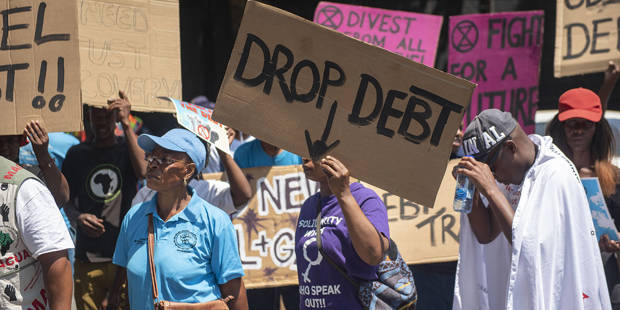
The World Needs Bigger and Better Financial Firefighters
Sep 18, 2024 Marina Zucker-Marques & Kevin P. Gallagher call for reforms to make the IMF and the World Bank larger, more equitable, and less focused on austerity.
-
The IMF Must End Its Destructive Surcharges
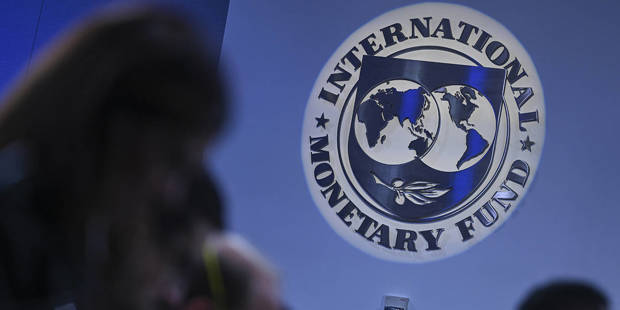
The IMF Must End Its Destructive Surcharges
Sep 16, 2024 Joseph E. Stiglitz, et al. decry the counterproductive practice of imposing additional fees on countries in debt distress.
-
The IMF Needs to Lead on Climate Finance
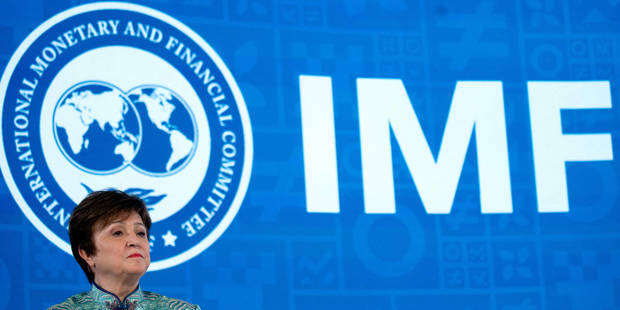
The IMF Needs to Lead on Climate Finance
Dec 15, 2023 Laurence Tubiana & Kevin P. Gallagher show why the Fund must play a vital role in closing the gaps left by the latest UN Climate Change Conference.
-
The IMF Needs to Mitigate Climate Transition Risk
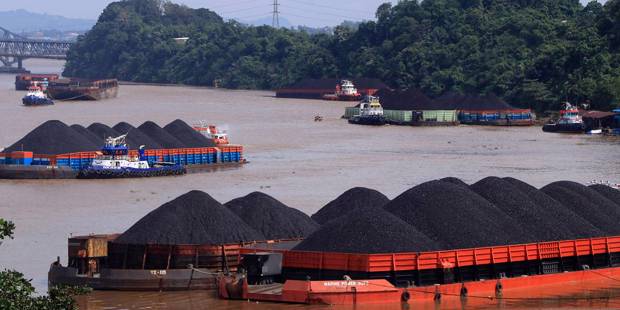
The IMF Needs to Mitigate Climate Transition Risk
Apr 11, 2022 Xiaobei He, et al. call for more coordination to prevent policies in one country from destabilizing economies elsewhere.
-
The IMF's Unfinished Business
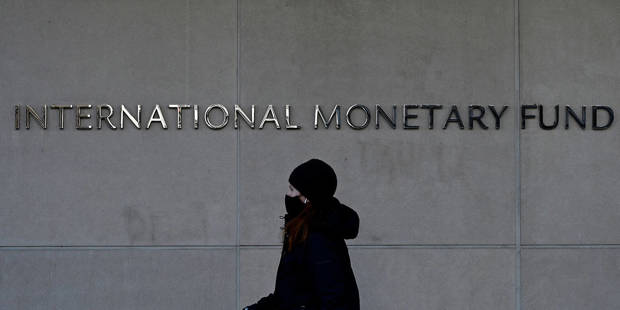
The IMF's Unfinished Business
Mar 7, 2022 Joseph E. Stiglitz & Kevin P. Gallagher urge the Fund to greenlight members' use of capital controls as a tool to preserve financial stability.
